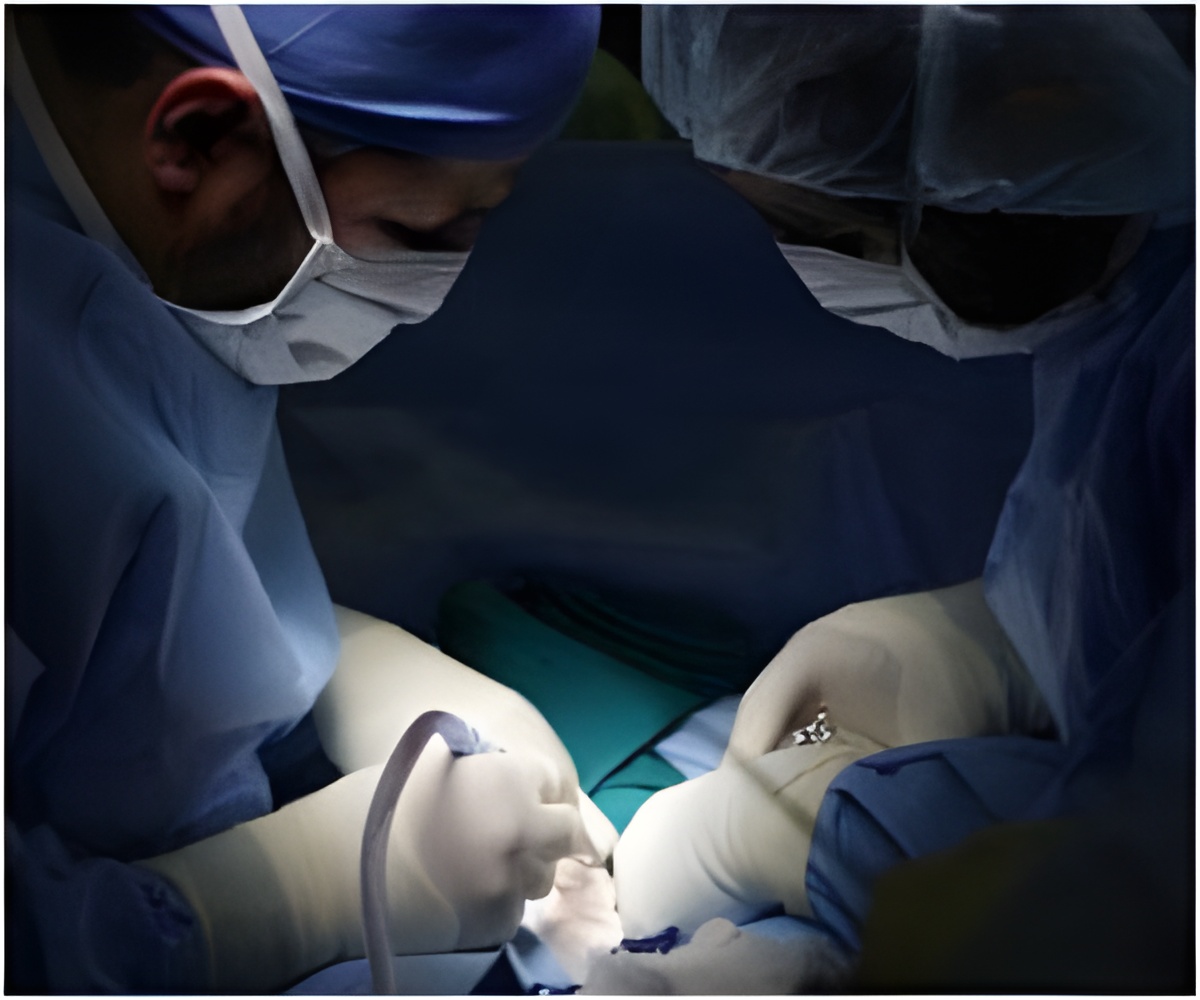
Researchers at Brigham and Women's Hospital (BWH) found that this trauma impacts the chemical balance of fat tissue-chemicals known to communicate with nearby and distant organs.
In the study, mice that consumed a typical Western, high-fat diet showed an exaggerated imbalanced response.
Importantly, limiting food intake to a lower-fat diet just a few weeks before surgery reduced the imbalance back toward a more normal response.
Senior study author C. Keith Ozaki, MD, Director of BWH Vascular Surgery Research, and colleagues measured how fat responds to surgery and whether restricting calorie intake before surgery changed how the fat tissue responded to typical trauma that usually occurs during an operation.
Researchers fed one group of mice a high-fat diet (containing 60 percent calories from fat), while a control group was given a more normal diet (containing 10 percent calories from fat).
Advertisement
During surgery, they performed procedures that occur during a typical operation and observed that such surgical trauma rapidly affected the fat tissues located both near and away from the trauma site.
Advertisement
However, reducing food intake before surgery tended to reverse these activities for all mice age groups, even in the setting of the simulated infection.
The results suggest that while fat is a very dominant tissue in the human body, its ability to rapidly change might be leveraged to lessen complications in humans during stressful situations such as surgery.
The study has been published in Surgery.
Source-ANI









